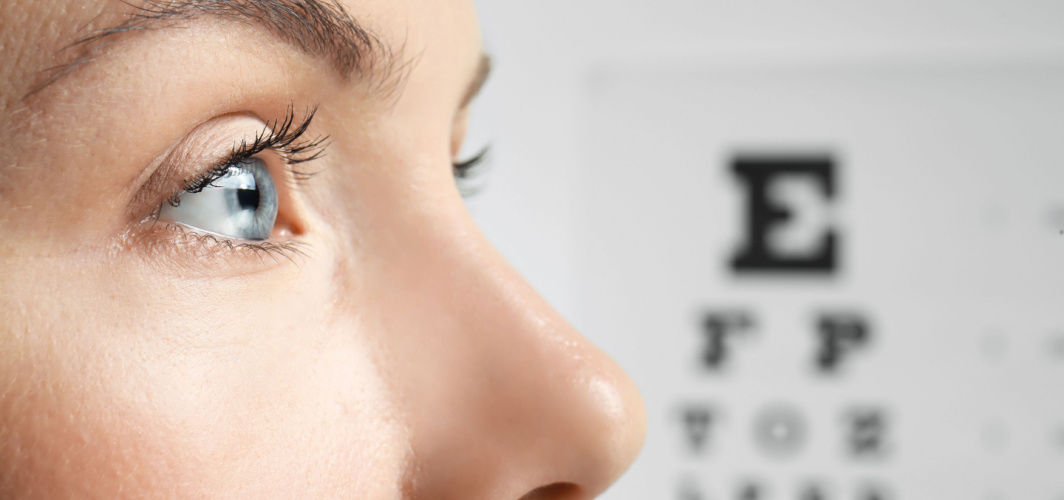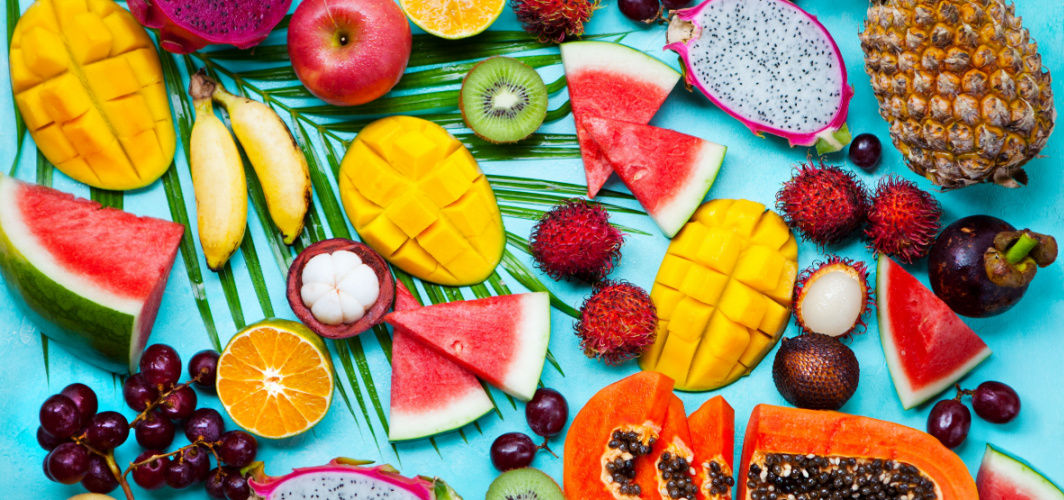General Health
4 Essential Vitamins To Improve Your Eye Health
3 min read
By Apollo 24|7, Published on - 24 April 2023, Updated on - 17 February 2024
Share this article
0
2 likes

Do you remember the last time you got your eyes checked? Well, most of us won’t. That’s how neglected our eye health is. Well, it's never too late to make a new start. You can introduce vitamin-rich foods to your diet to enhance your eyesight and protect them from conditions, like retinopathy, cataracts, and glaucoma. Certain vitamins have been found to improve eye health by reducing the risk of such eye diseases, slowing down the progression of vision loss, and promoting overall eye function. Read on to know more about these vitamins.
1. Vitamin A
One of the primary functions of vitamin A is to ensure a clear cornea, the outermost layer of the eye, which protects the eye from foreign objects and infections. Additionally, vitamin A is a vital component of rhodopsin, a protein that enables the eye to adjust to low-light conditions. The lack of vitamin A can result in night blindness and dry eyes. Furthermore, research suggests that a diet rich in vitamin A may reduce the risk of cataracts and age-related macular degeneration. Foods high in vitamin A include sweet potatoes, red peppers, carrots, pumpkin, and squash.
2. Vitamin E
Alpha-tocopherol is a type of vitamin E that possesses potent antioxidant properties. Notably, antioxidants are beneficial in fighting against free radicals that can harm tissues in the body, including those in the eye. In some cases, free radicals can cause damage to the proteins present in the eye, leading to the formation of cataracts, which are characterised by cloudy areas on the eye's lens. Studies show that a high intake of vitamin E, either through diet or supplements, may lower the risk of cataract development. Foods rich in vitamin E include nuts, cooking oils, seeds, salmon, leafy green vegetables, and avocado.
3. Vitamin C
Vit C plays a crucial role in eye health as it provides protection against damage caused by UV light. Similar to vitamin E, vitamin C is a potent antioxidant that helps safeguard the eyes against harmful free radicals. Furthermore, vitamin C is essential for the production of collagen, a protein that gives structure to the sclera and cornea. Foods that are rich in vitamin C include oranges, broccoli, blackberries, Brussels sprouts, and grapefruit juice.
4. B Vitamins
Certain B vitamins, including vitamins B6, B9, and B12, have been extensively studied for their effect on eye health.
- These vitamins can help reduce levels of homocysteine, a protein associated with inflammation and a higher risk of age-related macular degeneration.
- A study found that reduced intake of vitamin B3 (niacin) may be linked to glaucoma, which results in complete vision loss.
- Riboflavin (vitamin B2) has the ability to prevent cataracts.
- Foods rich in various B vitamins include chickpeas, poultry items, dark leafy greens, liver, peanuts, salmon, tuna, beans, seafood, eggs, fish, oats, fortified cereals, and red meat.
Incorporating vitamins A, C, E, and B into your diet can improve eye health and reduce the risk of developing common eye conditions. While the best way of doing this is by adding vitamin-rich foods to your daily diet, supplements can also be used after consulting a doctor.
Consult Apollo's Eye Specialist
Medically reviewed by Dr Sonia Bhatt.
General Health
Leave Comment
Recommended for you

General Health
5 Healthy Summer Fruits To Beat The Heat
Indian summers can be quite excruciating. It can often get a little challenging to maintain body hydration and energy in the scorching summer heat. Certain fruits can help you deal with such problems and even provide you with some additional benefits.
_23.jpg?tr=q-80)
General Health
I got an ultrasound of my liver and the result came out to be Hepatomegaly with fatty liver(Grade 2). My doctor prescribed a few medicines for treatment. But online it says stop taking medicines as it can also affect the liver. Need help.

General Health
Squint Eye: Meaning, Types, Causes, Treatment, and Surgery
Strabismus, commonly known as squint eye, is a condition where the eyes do not align properly. This condition is highly prevalent and affects millions of individuals globally. This article explores the types, causes, and treatment options for squint eyes. Seeking early treatment is crucial for successful outcomes.
Subscribe
Sign up for our free Health Library Daily Newsletter
Get doctor-approved health tips, news, and more.
Visual Stories

The Best Exercises for Controlling Blood Sugar Levels
Tap to continue exploring
Recommended for you

General Health
5 Healthy Summer Fruits To Beat The Heat
Indian summers can be quite excruciating. It can often get a little challenging to maintain body hydration and energy in the scorching summer heat. Certain fruits can help you deal with such problems and even provide you with some additional benefits.
_23.jpg?tr=q-80)
General Health
I got an ultrasound of my liver and the result came out to be Hepatomegaly with fatty liver(Grade 2). My doctor prescribed a few medicines for treatment. But online it says stop taking medicines as it can also affect the liver. Need help.

General Health
Squint Eye: Meaning, Types, Causes, Treatment, and Surgery
Strabismus, commonly known as squint eye, is a condition where the eyes do not align properly. This condition is highly prevalent and affects millions of individuals globally. This article explores the types, causes, and treatment options for squint eyes. Seeking early treatment is crucial for successful outcomes.
